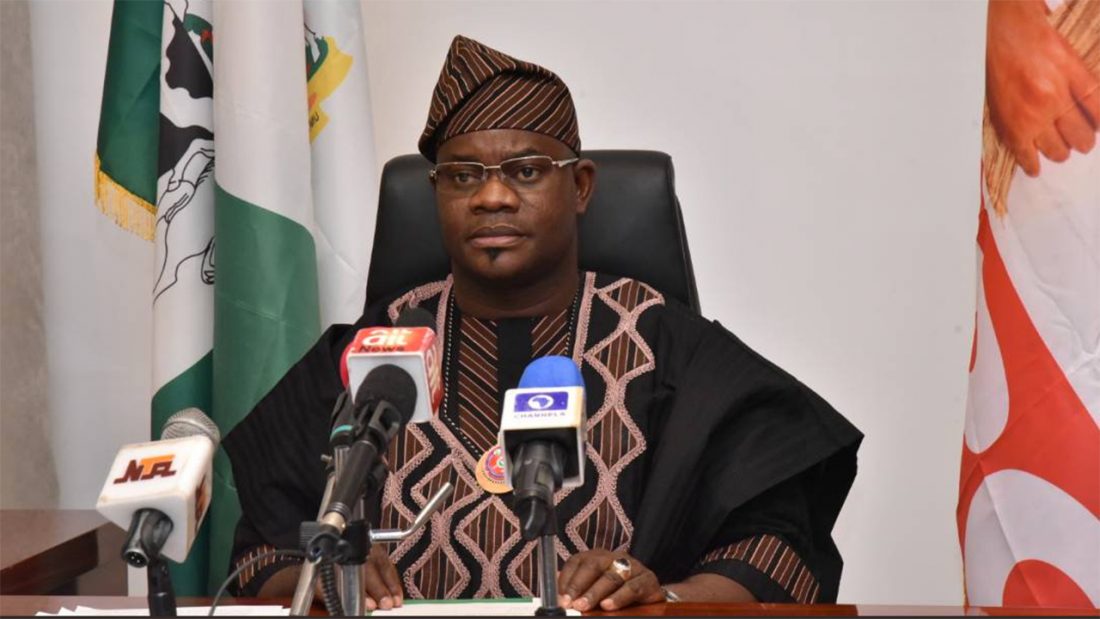[dropcap]T[/dropcap]he mistaken idea that human beings can harm or kill others through magical/supernatural means underlies the belief in witchcraft. The idea persists and drives many people across Nigeria and Africa to engage with impunity in witch persecution and killing. This misconception reportedly led a-40 year old man, Manu, from Niger state in northern Nigeria to kill his 100-year-old mother, Inne Kaiyo.
Manu claimed that Kaiyo killed the grand daughter, Magajiya. As usually the case, the report does not contain details of how the elderly woman murdered the granddaughter using witchcraft, or how Manu knew that Kaiyo was actually responsible for the death of his child. After the death of the daughter, Manu confronted the mother and beat her to death with a stick. The report says that Manu’s father, Kwacha, did not try defending the wife and instead joined the son in beating the wife to death.
From the report, it seems that Kwacha has been looking for a way to get rid of his wife. At 100 years, Kaiyo might have outlived her marriage value and had become a social burden and liability to the family. Kwacha had suspected her of using witchcraft to kill eight other persons. Killing her in this case constituted a precautionary as well as a revenge measure. As a precautionary step, murdering Kaiyo was a way of killing her before she killed him. Kwacha might have thought that he could be the target of the wife’s witchcraft. After all, a woman that could kill her own grand daughter could also kill the husband.
As a form of revenge, the killing of Kaiyo could be a way of revenging her alleged murder of his grand daughter. So the killing was an opportunity to remove this stain and stigma on the family. As a 100-year-old woman, and accused by her own family members, Kaiyo had very limited options and resource to repel, resist and neutralize the accusation, or to overpower her killers. Unfortunately it was the people should have protected and defended her who accused and eventually murdered her.
The report says that the police intervened and arrested both Manu and Kwacha. And that the case would soon be charged to court. Of course this is a welcome development. However, it is important to add that while there is a need to bring witch killers to justice, it is more important to educate and enlighten the people regarding the real causes of death and illness. The society needs to invest part of the police and court resources in getting the people to understand that nobody can cause the death of others through witchcraft; that nobody can harm other human beings using some supernatural means.
As a society, we cannot continue to condone and tacitly endorse the narrative that people can kill or harm others through witchcraft and then boast of the ability to bring to ‘justice’ those who take actions based on this misconception. What kind of justice is that? We cannot educate people to believe in witches as death and disease causing agents and then turn to blame and sanction them for using these idioms to make sense of their experiences.
Educating people to disbelieve in superstitions is a social duty and responsibility. For instance, from all indications, Manu and the father never went to ‘school’ and never learnt that witchcraft is form of superstition. All their life, they must have used the traditional magical means of making sense of misfortunes. Theirs has been a cosmology that affirms the reality of witchcraft. Nobody might have told them that witchcraft is an imaginary crime, which no human being commits; that witchcraft, as the causal explanation of death, has no basis in reason, science or reality.
Now the police and courts would prosecute and possibly convict them on the basis that their witchcraft claim lacks evidence. The society should not wait until people indulge in witch killing, are arrested and prosecuted in court to get them understand the importance of evidence in witchcraft cases.
Evidence based thinking and reasoning should rather be part of the every day public education and enlightenment programs.
Leo Igwe is a human rights activist and the founder of the Nigerian Humanist Movement. He was the Western and Southern African representative to IHEU, the International Humanist and Ethical Union. He can be reached by email HERE.
The opinions expressed in this article are solely those of the author.




![Leo Igwe: A Question-to-Question Approach to Critical Thinking in Schools [MUST READ] critical thinking, academic freedom, dementia, think aloud witchcraft, Leo Igwe, Mubarak Bala, Alleged Witches](https://www.thetrentonline.com/wp-content/uploads/2019/10/Leo-Igwe-The-Trent.jpg)






